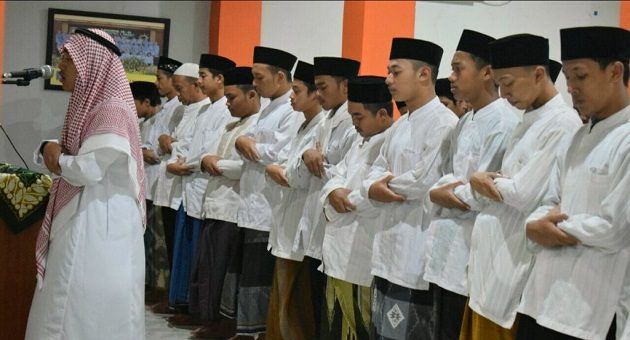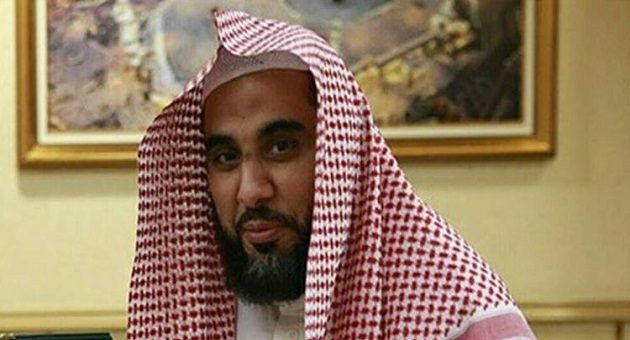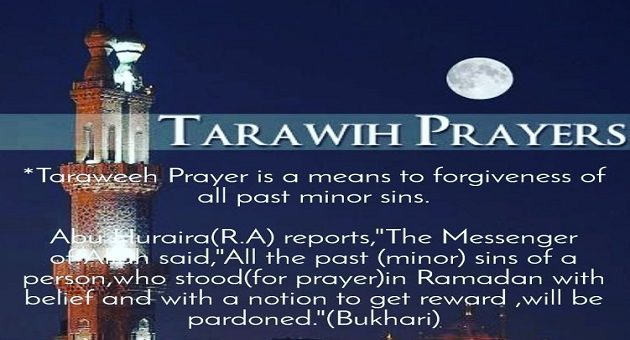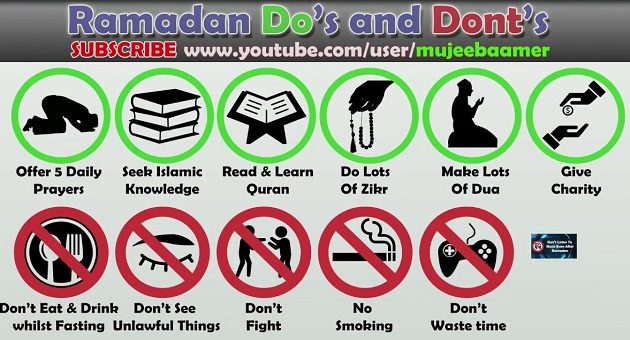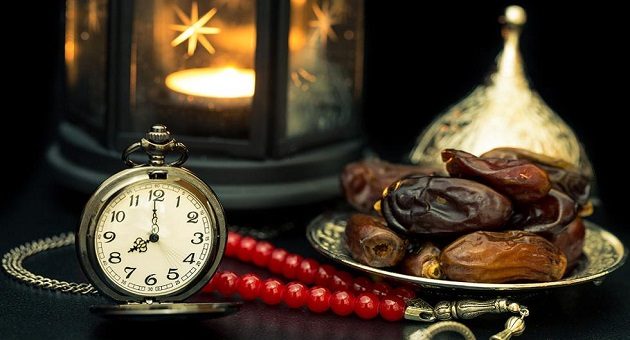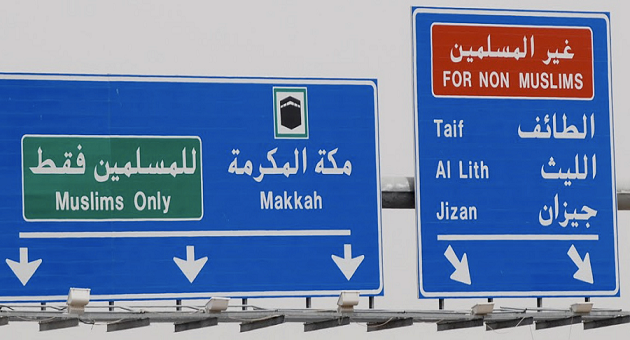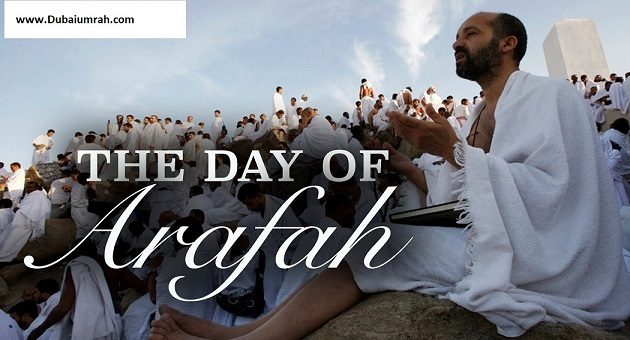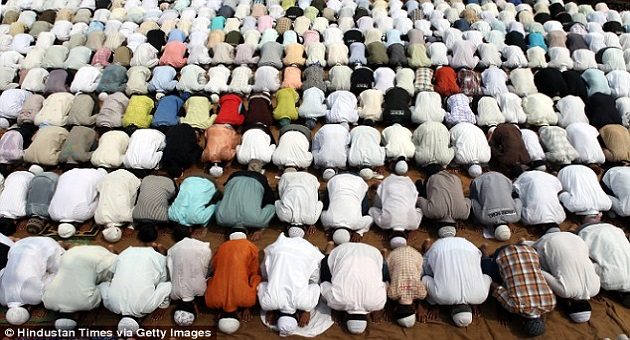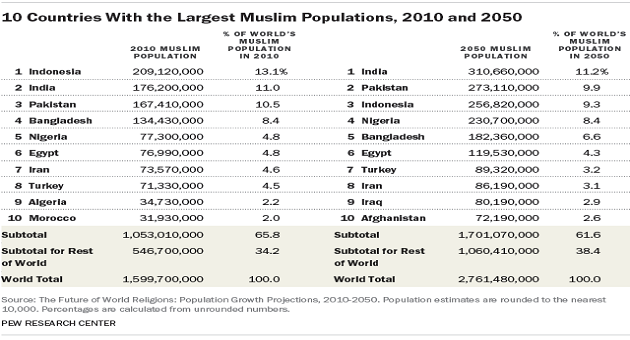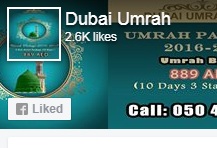We already discuss some essential parts of a Mosque such as Prayer hall, Minaret, Dome and prayer rugs or carpets. Now we will discuss some other parts of the Mosque. Mihrab : The mihrab is an elaborate, semi-round space in the mass of the petition room of a mosque that denotes the course of the qiblah—the heading confronting Mecca which Muslims face during worship. Mihrabs fluctuate in estimate and shading, however, they are normally formed like an entryway and finished with mosaic tiles and calligraphy to make space stick out. Ablution Area : Ablutions (custom washing or wudu) are a piece of the planning for Muslim prayer. Once in awhile.
The Imam leads to Islamic prayer and supports the community with spiritual advice. An Imam is chosen at the community level. Individuals from the community pick somebody who is viewed as learned and insightful. The Imam should know and comprehend the Quran and have the option to recite it effectively and delightfully. The Imam is a regarded individual from the community. In certain communities, an Imam might be explicitly selected and employed and may have experienced some unique preparing. In other (littler) urban areas, Imams are frequently looked over among the current individuals from the Muslim people group. There is no widespread administering body to direct Imams; this is done.
The imams of Makkah are chosen and delegated by an illustrious pronouncement by the Custodian of the Two Holy Mosques (King) of Saudi Arabia. There are generally a few imams on record, as they share obligations during different occasions of day and year, and fill in for each other in the event that at least one is missing. The imams of Makka are commonly very knowledgeable, multilingual, amiable, and have recently filled in as imams of other driving mosques in Saudi Arabia before accepting their arrangements to Makka. Here are some of the leading Imams of Mecca. Sheikh Abdulla Awad Al-Jahny. Imam of the Grand Holy Mosque since 2008. Sheikh.
At the point when the long stretch of Ramadan starts, Muslims go into a time of control and love, fasting during the day, and supplicating for the duration of the day and night. During Ramadan, exceptional night supplications are led during which long segments of the Quran are discussed. These extraordinary petitions are known as Taraweeh. The word Taraweeh originates from an Arabic word which intends to rest and unwind. The Hadith shows that the Prophet (harmony arrive) drove his supporters in night supplication on the 25th, 27th, and 29th evenings of Ramadan, in the time after the isha petition. From that point forward, this has been a custom during.
Islamic researchers have laid out fasting necessities for the all-inclusive community and clarify the housing that can be made when somebody can’t fast due to disorder or other wellbeing reasons. There are general rules and unique cases for conditions, for example, affliction and constant medical issues, for example. A pregnant lady who thinks fasting will hurt her infant is pardoned from fasting. Likewise pardoned are explorers, the old and the crazy. Notwithstanding, the individuals who are proficient are required to compensate for missing the fast when it is allowable. Poor people might be pardoned yet should approach Allah for absolution. Among satisfactory activities during Ramadan, Muslims can shower, draw blood,.
In accordance with the long history of fasting in the Abrahamic beliefs, Muslims fast from sunrise until sunset during the period of Ramadan, which happens in the ninth lunar month of the Islamic schedule and keeps going between 29 to 30 days (dates may differ because of moon-locating, and the length of fasting may change dependent on a spectator’s area). Fasting is one of the five mainstays of Islam just as perhaps the best demonstration of love a Muslim can perform. The demonstration of fasting during Ramadan has explicit guidelines and standards. The thought is to purify one’s body, psyche, and soul from the world’s polluting influences, improve good character,.
Mecca – home to the Kaaba, Islam’s holiest site, also called the House of God (Allah) – is situated in a tight valley in the Hijaz district (supposed as a result of the geology of its “Hijaz,” or “spine,” the Sarat Mountains, which comprises of volcanic pinnacles and profound discouragements) of Saudi Arabia, around 40 miles inland from the Red Sea coast. Non-Muslim visitors are banned in the Quran: “Oh you who believe! Truly the idolaters are unclean; so let them not, after this year, approach the Sacred Mosque. …” (9:28). This verse specifically refers to the Grand Mosque in Mecca. There is some discussion about the accurate zone and.
The Day of Arafat falls on the second day of journey customs. At first light on this day, almost 2 million Muslim travelers will advance from the town of Mina to a close-by slope and plain called Mount Arafat and the Plain of Arafat, which is situated about 12.5 miles (20 kilometers) from Mecca, the last goal for the journey. Muslims accept that it was from this site the Prophet Muhammad, harmony arrives, gave his celebrated Farewell Sermon in his last year of life. Each Muslim is relied upon to make the journey to Mecca once during their lifetime; the journey itself isn’t viewed as complete except if the stop.
Similarly as with different religions, Muslims must-watch explicit ceremonies as a component of their day by day petitions. Before asking, Muslims must be clear of the psyche and of the body. Islamic educating expects Muslims to take part in formal washing (wudu) of the hands, feet, arms, and legs, called Wudhu, before supplicating. Admirers should likewise be dressed unassumingly in clean apparel. When the Wudhu has been finished, it’s a great opportunity to discover a spot to supplicate. Numerous Muslims implore at mosques, where they can impart their confidence to other people. In any case, any peaceful spot, even a side of an office or home, can be utilized for.
Starting at 2017, there are about 1.8 billion Muslims on the planet, as indicated by the Pew Research Center; together, they make up almost one-fourth of the total populace, making Islam the world’s second-biggest religion after Christianity. Inside the second 50% of this century, Muslims are required to turn into the world’s biggest religious gathering. The Pew Research Center gauges that by 2070, Islam will surpass Christianity, because of quicker birth rate (2.7 youngsters per family versus 2.2 for Christian families). Starting in 2017, Islam is the quickest developing religion on the planet. The Muslim populace is an assorted network of devotees spreading over the globe. More than fifty nations.






